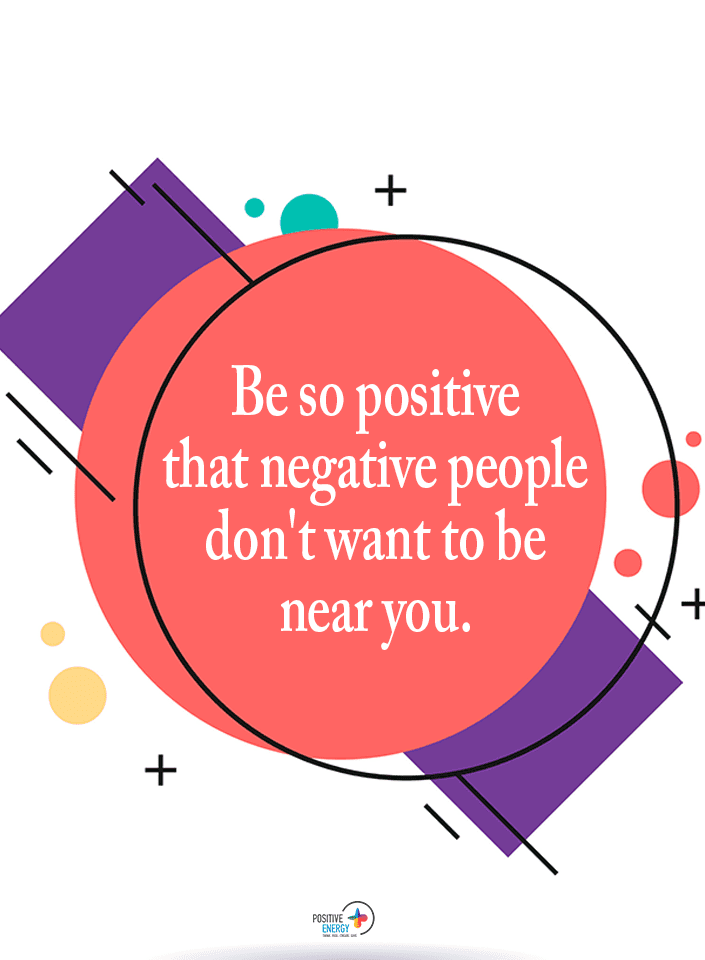Some people judge others who are judgmental too harshly, without giving them credit for using their judgment wisely to benefit their personal growth. The truth is that our judgment can be for good or for ill. In fact, keeping a positive intention behind your judgment can give you a path toward achieving a better self. Let’s look at several ways that using your judgment can be good for self-development and personal growth.
How Being Judgmental Can Be Good For Personal Growth

1. Being judgmental can be suitable for setting goals
To advance in your performance, you need to know where you are now and where you want to be. You need to judge your current level against a goal to reach a target. For example, if you’re going to be better at playing an instrument, you need to know what skills you still have to work on to improve.
This is not about judging yourself harshly. For example, there should not be any negative label placed on your current state. You wouldn’t say that you are bad at playing guitar. Instead, you would say that you are at a beginner level or that you need specific development on specific skills.
2. Being judgmental can be suitable for aligning with your values
You have a set of core values that drive your daily decisions. As a result, you have to make choices about what aligns with your values, or what is ‘good,’ and what does not align with your values, or what is ‘bad.’ These types of judgments help us to be the type of people that we want to become.
Researchers in the journal Social, Psychological, and Personality Science studied the correlation between food choices of organic foods over non-organic foods and subjects’ levels of generosity and judgments of others’ behavior. They found that those more likely to choose organic foods may be more likely to judge others’ behavior harshly against higher moral standards.
This research suggests that ‘exposure to organic foods may lead people to affirm their moral identities.’ Choosing healthful foods shows that we value and judge healthier foods as better for us than unhealthy foods. You make several food, social, and other value judgments several times a day.
3. Being judgmental can be suitable for guiding the actions of those around us
None of us likes hanging around with obnoxious, toxic people, so by judging the type of acceptable behavior from our friends and family, we can let them know what we will tolerate and where our boundaries lie. When a toxic person encounters someone who knows how to use their judgment for good, the toxic person will quickly learn what type of behavior is unacceptable. Being judgmental in this way means being able to say, ‘I like you. I don’t like that specific behavior.’
4. Being judgmental can be good for our self-esteem
When we fail at something in our lives, we can judge our behavior harshly. Or we can judge ourselves as imperfect people capable of learning from our mistakes. By keeping a frame of reference that allows us to focus on the positives about our faults, we forgive ourselves for the bad because we know that we are constantly striving for the good.
5. Being judgmental can be suitable for making positive social choices
Developing good judgment is different from being critical. According to the Journal of Research in Personality, people who are better at judging people with similar personalities have several positive social outcomes. People felt greater interpersonal control, interpersonal support, and positive emotions like happiness and had higher life satisfaction than those who had a more difficult time with this skill. The researchers say that ‘judgmental ability is related to important relationship outcomes for the person making the judgments .’


















